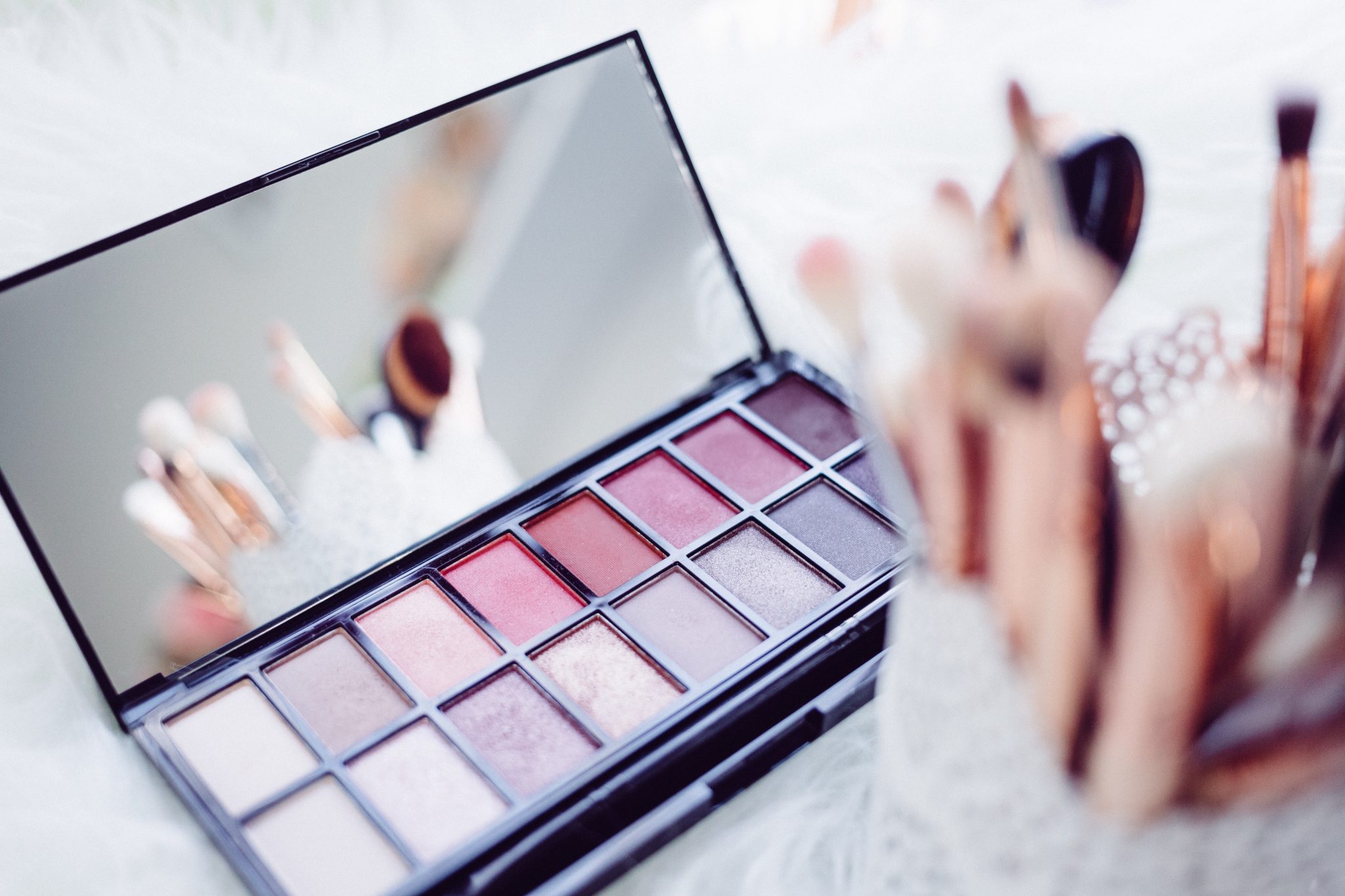Post written by Ellie Stackhouse, RUF Campus Staff at the University of Tennessee
At a summer camp just before my junior year of high school my cabin and I woke up one morning to find the mirrors covered with black trash bags and my counselor with a smirk on her face. She quickly informed us that today we were celebrating “True Beauty Tuesday,” which meant we weren’t going to look at ourselves as we got ready or went about our days. She filled us with the reminders of inner beauty and warned us about self-absorption and vanity. Telling this to a room full of 15/16 year old girls at a co-ed summer camp you can image there was quite a vocal reaction. Some girls in frustration ran for their compacts, shocked that our counselors would assert that kind of authority. Others, like me, tried to play it cool purely out of pride that we weren’t as vain as the girls who were overreacting or who straightened their hair every morning at camp. Yet in discreet panic we were just as guilty of checking our hair and face in the reflection of the windows as we left our cabin just to make sure we looked okay.
It is a morning I remember vividly but hadn’t given much thought to until this year when I started putting together a Bible Study on Beauty and Food for some Sophomore girls at the University of Tennessee. Pulling from material given to the women serving as Campus Staff by Bekah Stolhandske McNeel we spent the beginning of this semester answering the question: Does God care what we look like?
Within the first 20 minutes of our time together it was clear no one had a good answer to this question. Everyone had her own story of moments when beauty had been reduced to dueling proof texts or a talk focused on self-esteem and what’s on the inside. None of us had ever applied the foundations of God’s identity and relationship with us to our physical appearance.
From our weeks together here is what we learned:
1. God’s redemption is partly physical in nature. Through the physical aspects of creation, incarnation, resurrection and glorification he shows us he cares about our bodies and has designed them with purpose.
2. When it comes to our desire for beauty, our culture and our hearts have settled for prettiness that serves and advances our own kingdoms instead of the beauty designed by God and given to us to serve His mission.
3. Our idolatry of self removes others from God’s kingdom purposes when we reduce image-bearers through physical assessment and competition.
4. As Sally Lloyd Jones puts it in the Jesus Storybook Bible, “we are lovely because we are loved.” Beauty is a result of being loved and created by God not a result of meeting certain standards. It echoes grace because it is not merited.
5. Our longing for beauty points to our glorification. Without knowing God people misdirect their longings for beauty and turn to elitism, prettiness and judgment instead of seeing creation with beauty, diversity and purpose.
6. Personal and cultural standards for beauty limit the diversity of God’s intention and creation. In God’s purposes true beauty is not a slave to relativism but a reflection of God in us.
Thinking back to the “True Beauty Tuesday” exercise I see a real disconnect. Beauty is not a result of covering up mirrors so we can pretend to shake off caring about our outer appearances and focus on what’s inside. Instead it means looking at others and ourselves with humility and gratitude for the way our appearances reflect the beauty of God’s purposes among us.
It means reframing the way we look at ourselves to see our appearance as a manifestation of God’s mission. Beautiful is something we are instead of something we strive to earn by fitting elite cultural standards. In knowing that we can celebrate the diversity of God’s creation and trust that we are lovely because we are loved. Thanks be to God for his creativity and grace.
